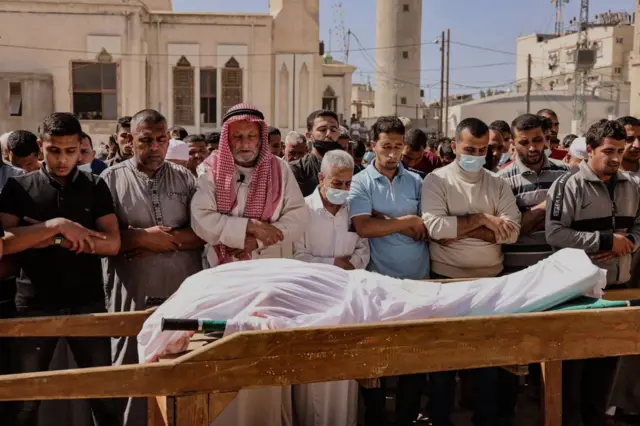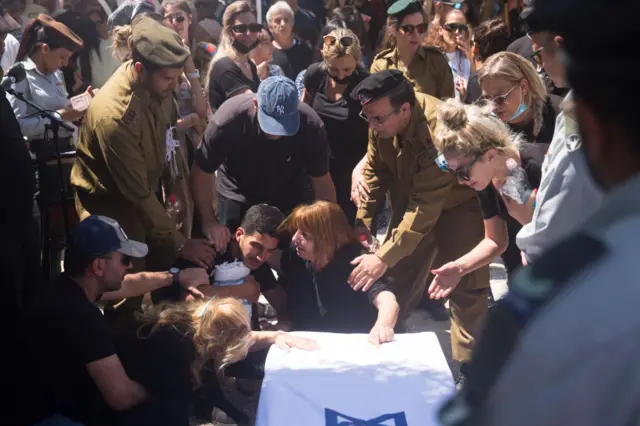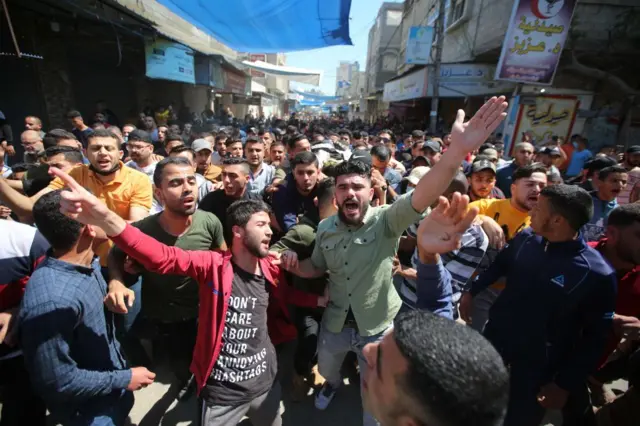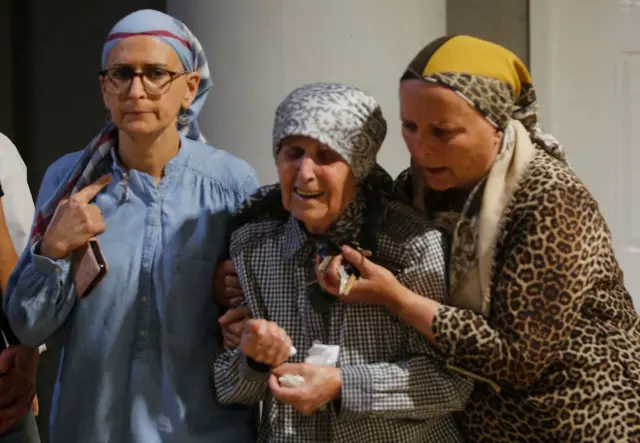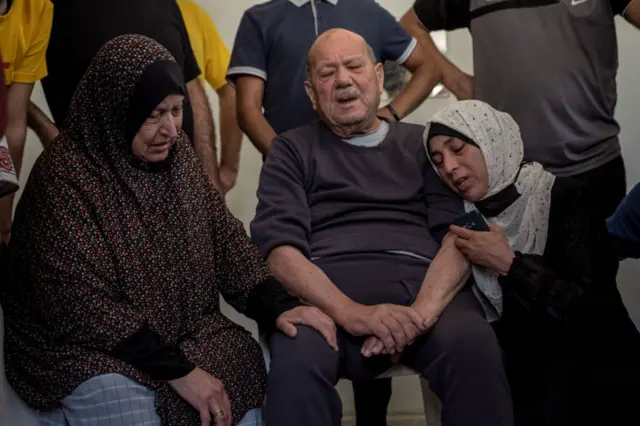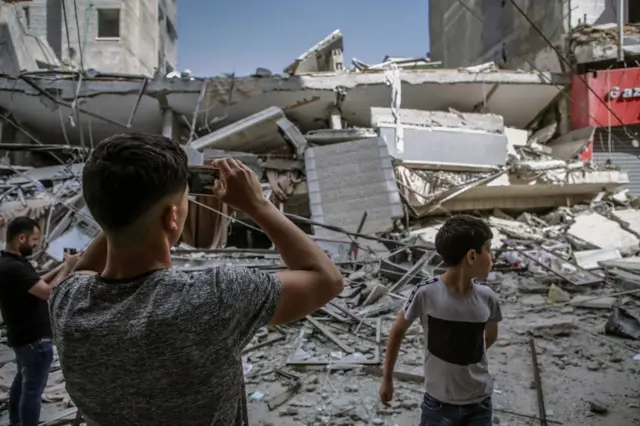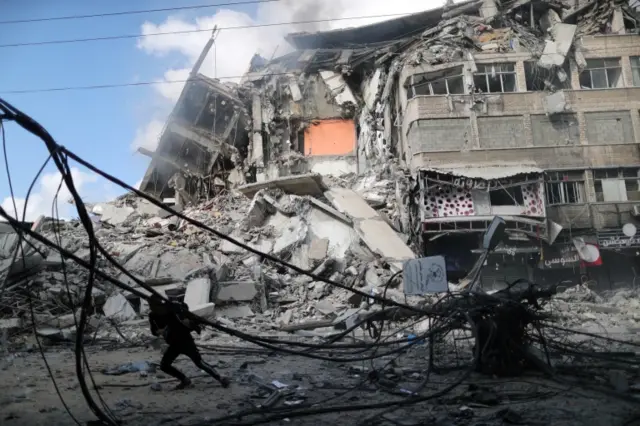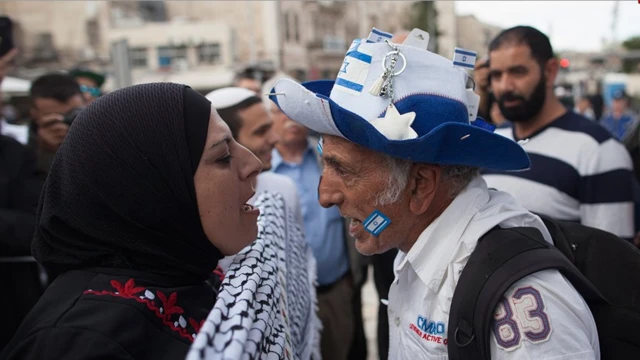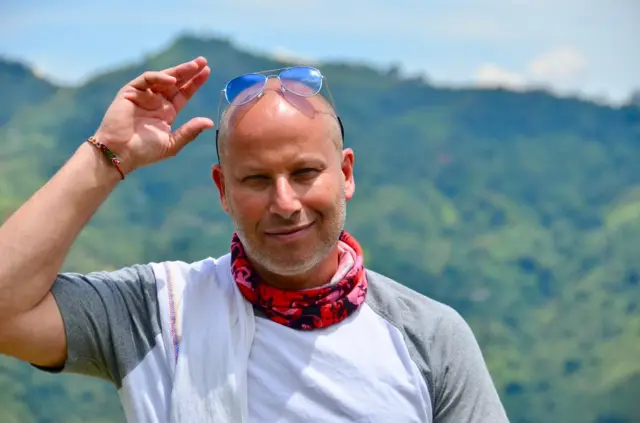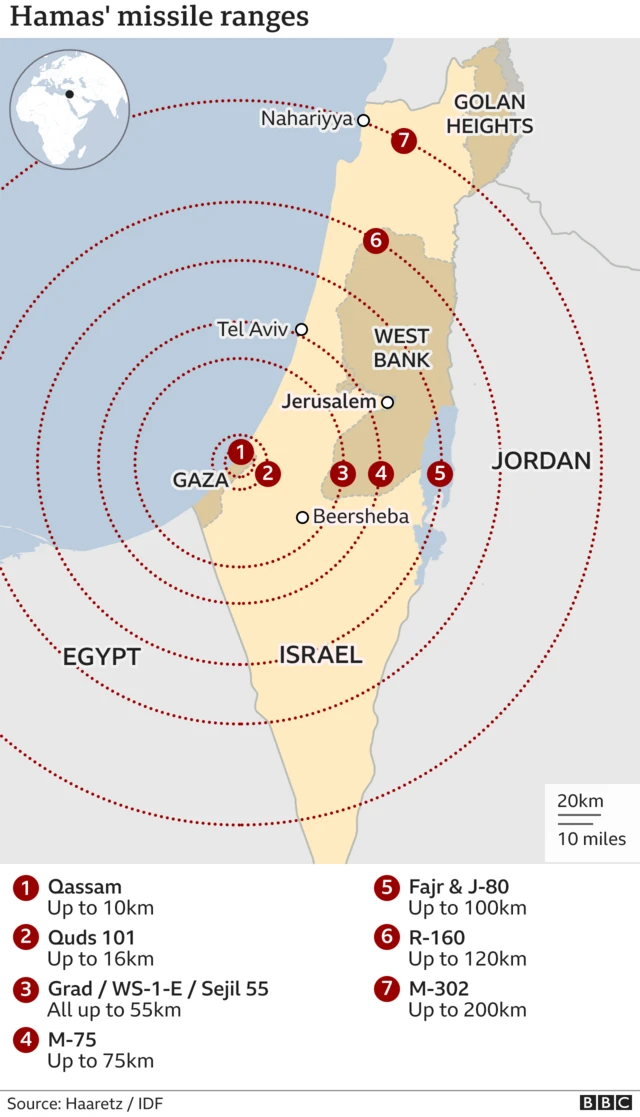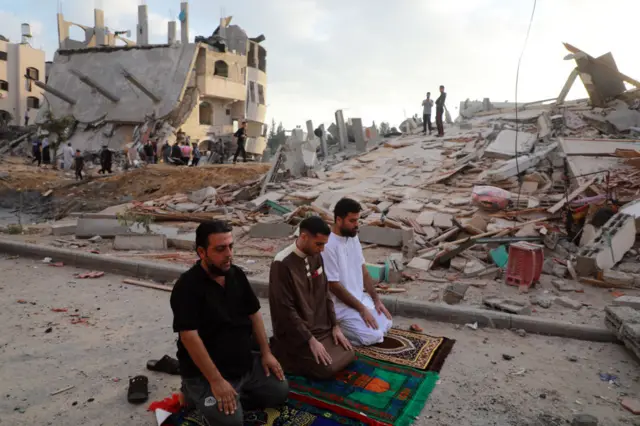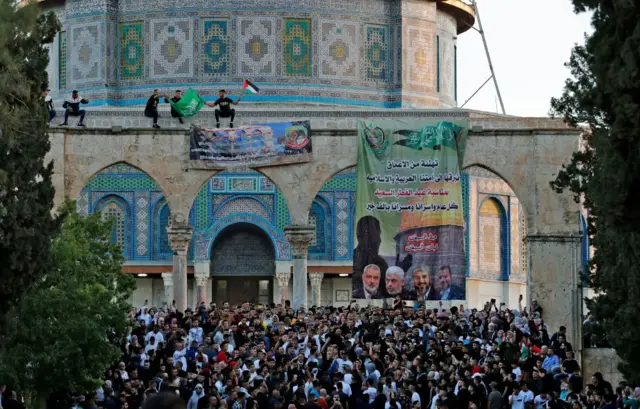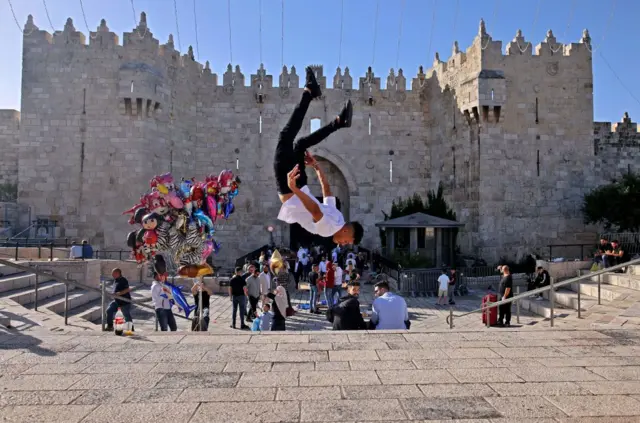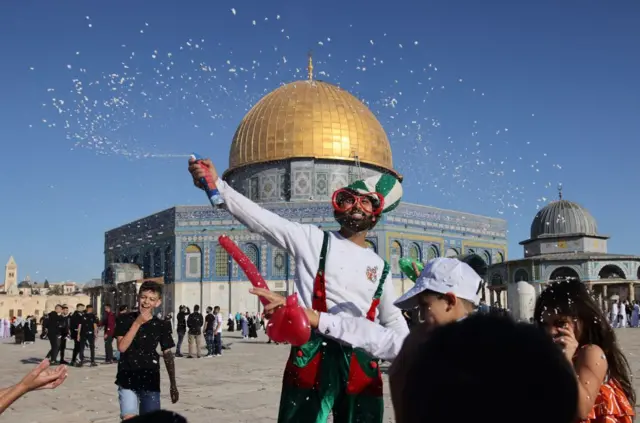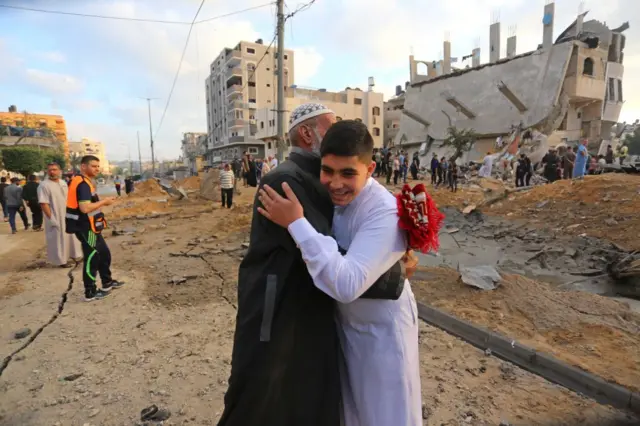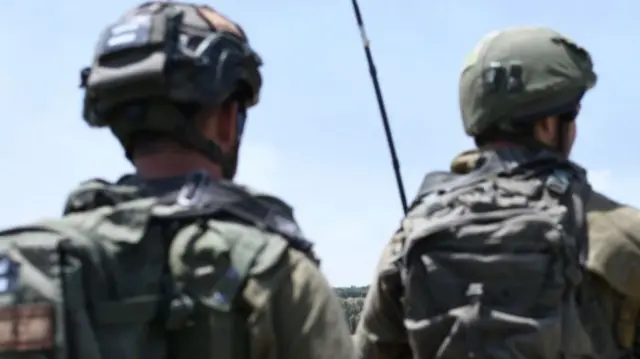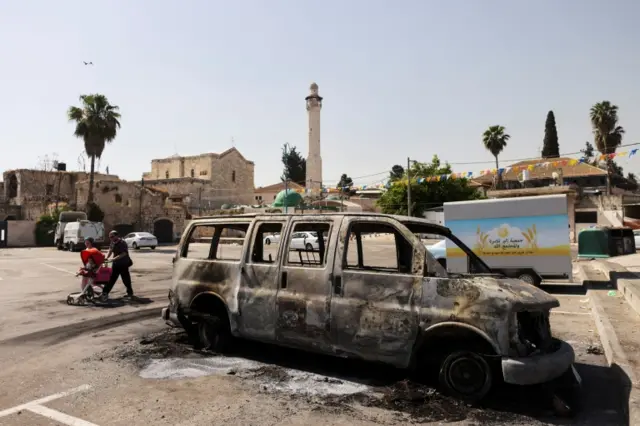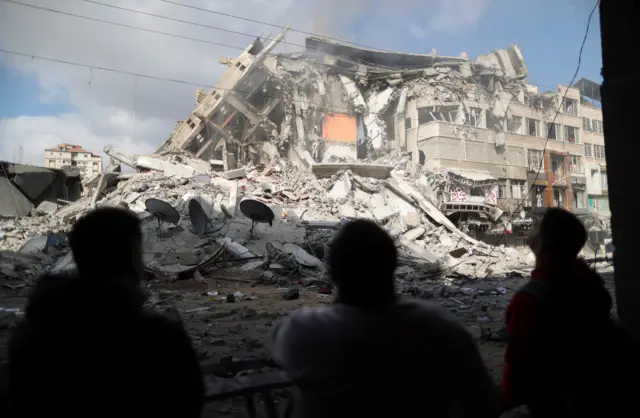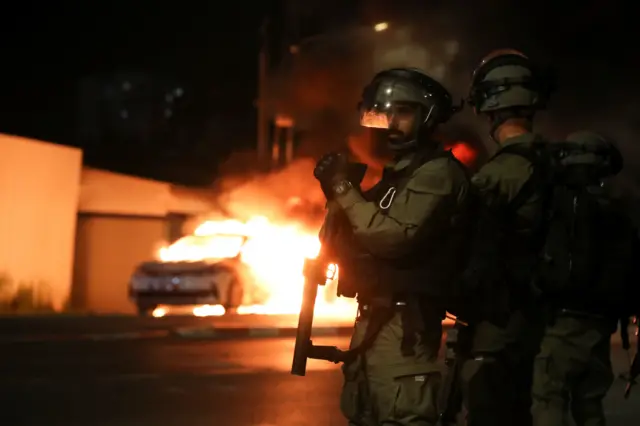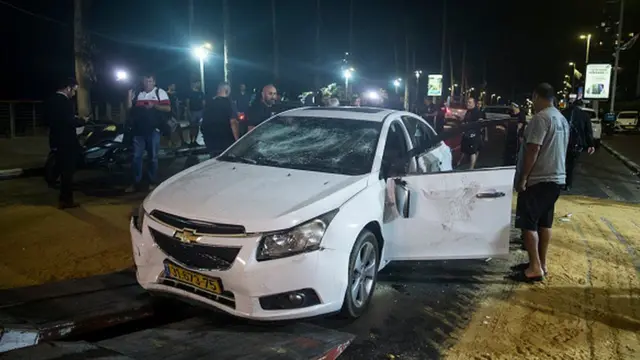What is Israel's Iron Dome?published at 13:35 BST 13 May 2021
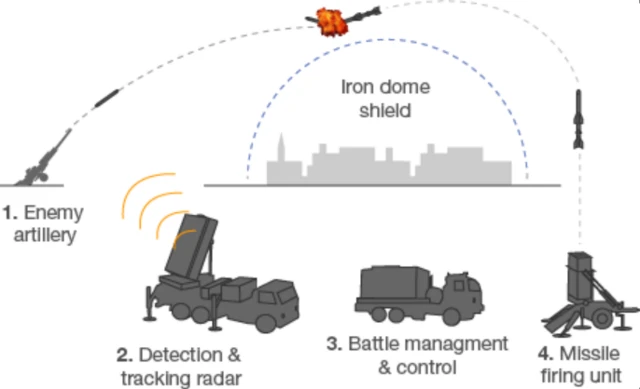
The Iron Dome missile defence system has its roots in the 2006 war that Israel fought with Lebanon's militant Hezbollah movement.
Hezbollah launched thousands of rockets towards Israel, causing huge damage and killing dozens of Israelis.
A year later, Israel announced that it was developing a new missile defence shield.
The system took years to develop and came on line in early 2011.
Since then, the Iron Dome system has been used to intercept rockets regularly launched from the Gaza Strip by Hamas and other Palestinian militant groups.
The system uses radar to track incoming rockets, and then fires two interceptor missiles to knock them out.
